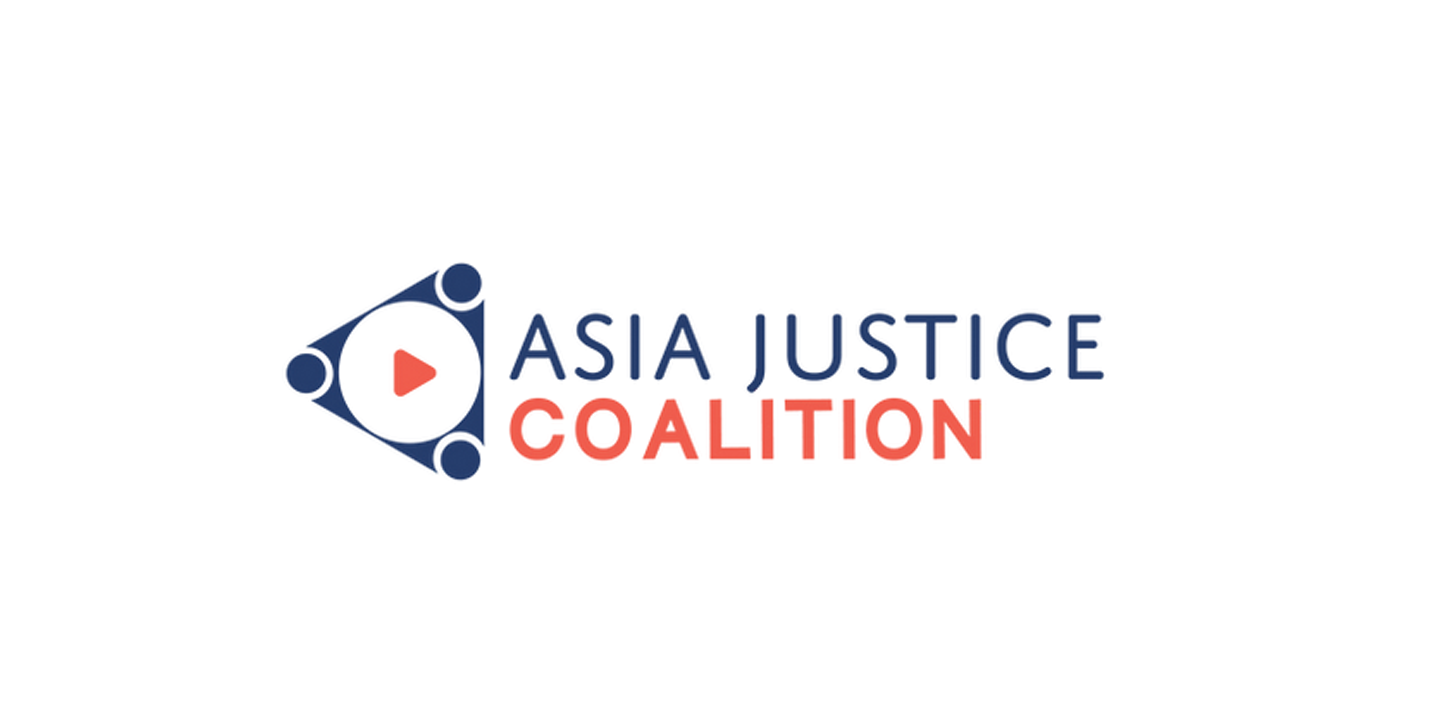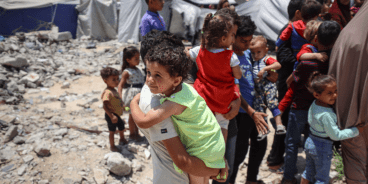

Two Years of Entrenched Impunity in Myanmar: A Call for Effective Coordinated International Action
1 February 2023 marks the second anniversary of the military coup in Myanmar. Two years ago, the military junta nullified the November 2020 election result, toppled the civilian government, detained the elected leaders, and suppressed the civil disobedience movement with excessive force. Since then, the military has committed crimes against humanity and war crimes with impunity. The security forces under the command of General Min Aung Hlaing have killed over 2,901 civilians, including 282 children. The military has weaponised sexual violence and torture against pro-democracy activists and illegally arrested and detained over 17,500 people in Myanmar. According to the Independent Investigative Mechanism for Myanmar (IIMM), mass atrocities perpetrated by the military junta are severely affecting women and children. In a clear violation of international human rights law and breaking the country’s 34 years old moratorium on the death penalty, the military junta executed four civilians in July. Military court has sentenced more than 142 people to death in closed proceedings, with serious concerns regarding due process, independence, and impartiality.
The onslaught against ethnic communities and religious minorities especially Christians and Muslims by the military continues unabated. In violation of international humanitarian law, the violence against civilians by the military routinely includes the conduct of raids, torching of education and religious buildings, targeted killings, and enforced disappearances. In December, in a scorched earth campaign, the Myanmar military razed over 150 civilian homes in the Sagaing Region. In October, the military conducted airstrikes at a concert organised by the Kachin Independence Army (KIA) in Hpakant Township, Kachin State, claiming the lives of at least 80 civilians and injuring over 100. The military also deliberately uses internationally banned weapons like cluster munitions that kill indiscriminately and cause widespread human suffering. Further, notwithstanding the international prohibition, the military has continued with the intentional use of antipersonnel landmines in and around villages and townships, killing and injuring civilians including healthcare and aid workers. The shelling of civilian areas by artillery and the conduct of airstrikes facilitated by the supply of aviation fuel to the Myanmar military by companies has resulted in death and the destruction of civilian properties.
The brazen disregard for civilian lives by the military is aided by the unimpeded sale and transfer of arms and ammunition by UN member states. According to Special Advisory Council for Myanmar (SAC-M), the supply of raw materials, parts and components, machinery and technology by companies (including state-owned companies) benefits the military in manufacturing weapons. The piecemeal application of sanctions by a select group of countries in the absence of a UN resolution has emboldened the military junta and facilitated the commission of atrocities against civilians.
The humanitarian blockade imposed by the military has worsened the situation on the ground in the past year, preventing the movement and distribution of essential goods and services including food and healthcare for the population. Recently adopted rules regulating the registration of non-profit organizations further restrict the scope of operation and risks criminal penalties for aid workers. According to the UN Office for the Coordination of Humanitarian Affairs (OCHA), more than 15.2 million people are suffering from food insecurity in Myanmar and 17.6 million people are expected to need urgent assistance.
In Rakhine state, despite an informal ceasefire, conflict escalated last year between the Arakan Army and the military junta, displacing thousands. Over 600,000 Rohingyas continue to live in de facto internment camps in Rakhine State without a regular supply of basic needs. The increasing restrictions on movement, access to healthcare, and livelihood coupled with arbitrary arrests and detention of the Rohingya have pushed thousands, including women and children, to flee by sea routes. There has been a 360 per cent increase in such escapes from the year before. According to the UNHCR, at least 348 individuals died or went missing at sea in 2022.
The abject failure of the Myanmar military to respect and follow the Association of Southeast Asian Nations (ASEAN) Five-Point Consensus has repeatedly shown the futility of the agreement. The inclusion of military representatives in ASEAN meetings also emboldens the senior junta leadership. The unrestrained violence in Myanmar has the potential to risk regional stability and call into question the relevance and effectiveness of the regional bloc. The push to conduct ‘free and fair elections’ in August 2023 by the State Administration Council (SAC) is an attempt to gain legitimacy and risks further aggravation of the crisis.
While the adoption of the long-overdue Chapter VI resolution by the UN Security Council is a welcome step, it failed to impose targeted sanctions against the junta and a comprehensive arms embargo on Myanmar. UN member states must take coordinated action against the military instead of deferring responsibility only to ASEAN.
The Asia Justice Coalition expresses its grave concern regarding crimes being committed by the Myanmar military and the inaction of the international community. It calls upon:
-
-
- The Myanmar junta to immediately end all violations of international law including torture, targeted killings, enforced disappearance, and release all arbitrarily detained persons, quash wrongful convictions and reverse death sentences.
- The military to stop ongoing attacks and military operations across the country.
- The military junta to facilitate safe, rapid, and unimpeded humanitarian access.
- ASEAN to overhaul the Five-Point Consensus and set a concrete and timebound action plan, block Myanmar from all its meetings, and support UN member states in enforcing sanctions and a global arms embargo.
- The UN Security Council to impose a binding global arms embargo including a prohibition on security assistance, the sale and transfer of arms, dual-use technology, and suspend the supply of aviation fuel.
- The UN Security Council to impose targeted economic sanctions on junta leaders, military-owned companies such as timber, oil, and natural gas companies.
- The UN Security Council to urgently refer the situation in Myanmar to the International Criminal Court for a full investigation.
- UN member states to impose targeted economic sanctions against the Myanmar military, ensure effective implementation, and prosecute sanction breaches.
- UN member states and international companies to stop the supply and transfer of arms, including raw material, machinery, and technology, to the Myanmar military.
- Neighbouring countries, including India, Thailand, Indonesia, Bangladesh, to devise a comprehensive regional response to the refugee crisis, provide protection, support, and humanitarian and legal aid to all refugees fleeing Myanmar, and to authorize emergency cross-border aid to internally displaced people in Myanmar.
- All countries to use all avenues and diplomatic channels at their disposal in pursuit of justice and accountability for the people of Myanmar, including civil and criminal legal actions based on the principle of universal jurisdiction.
-
Related Content


